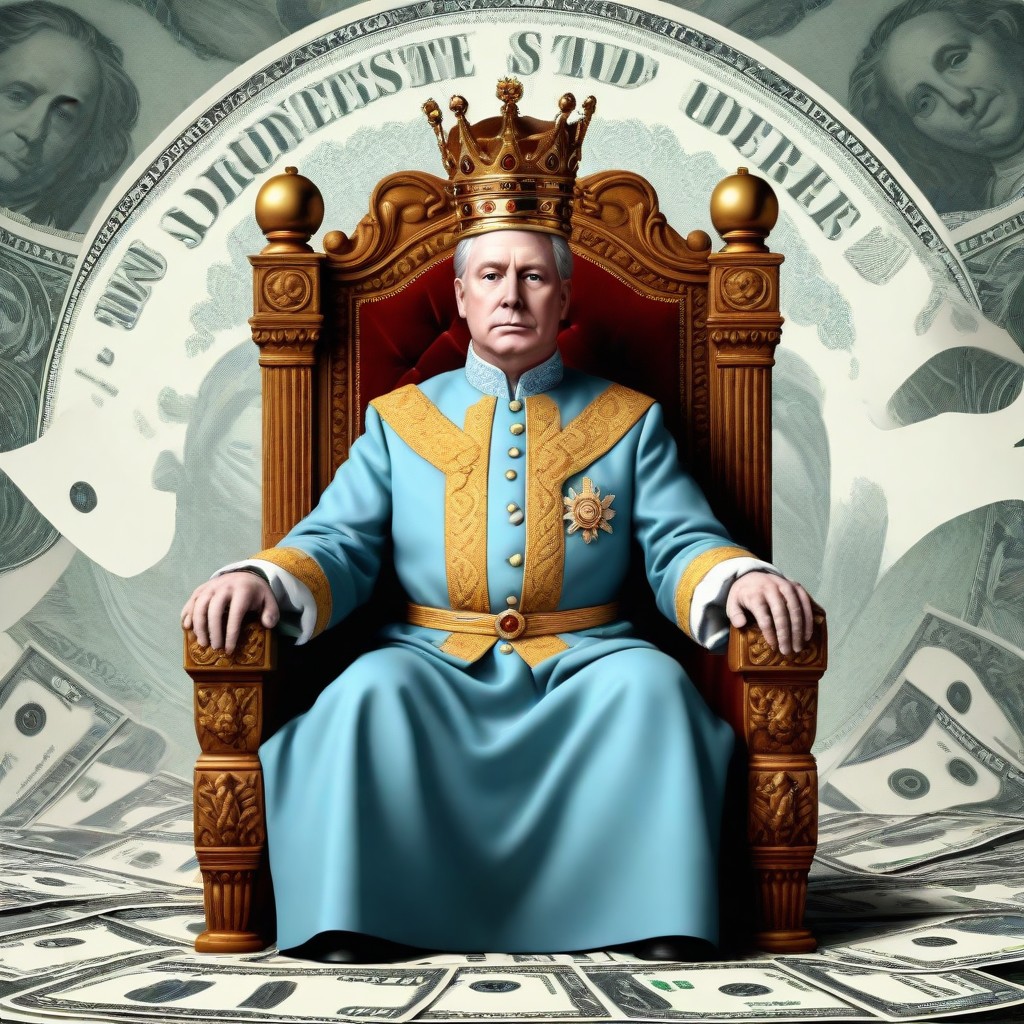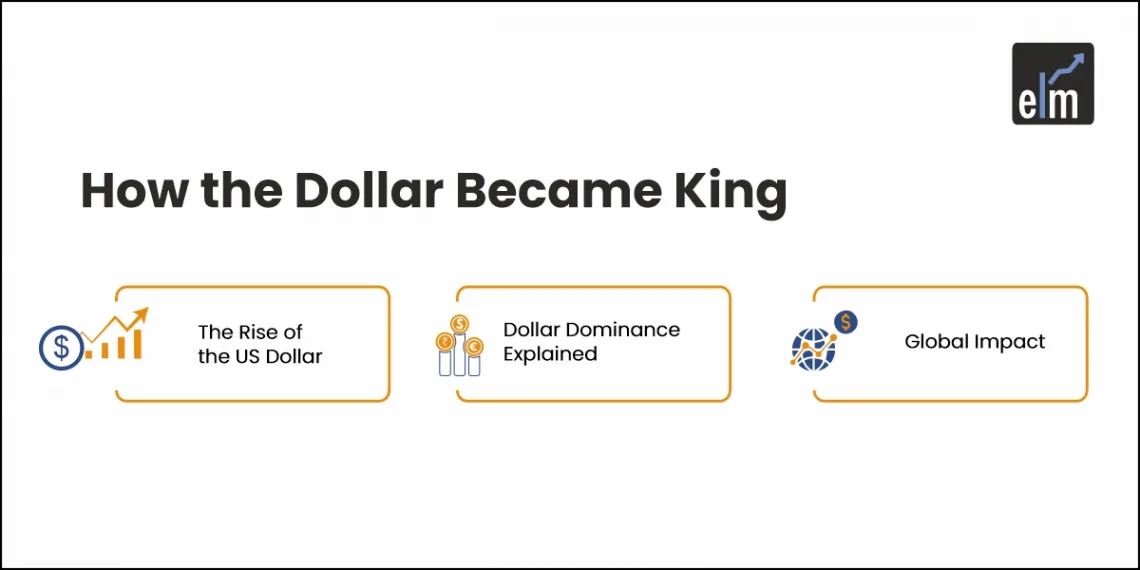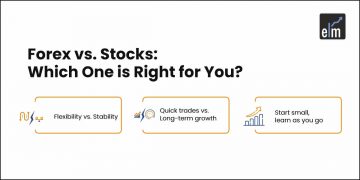“Earn in Dollars, Spend in Rupees!”
You must have heard many Indians say this. But have you ever realized why ?
Almost all countries try their best to maintain that exchange rate with Dollars.
Countries that lack powerful currencies accept dollars as a mode of payment.
Why and how did the dollar become so powerful? When did it become a Reserve currency of the world?
Let’s get into the story!
What is a World Reserve Currency?
World currency is a money that can be used or traded for another currency anywhere, whether inside or outside the country that made it.
It helps with things like paying for imports, servicing debts, and stabilizing the value of the country’s currency.
Countries often need reserves because they may not be able to use their currency to trade internationally. By buying and selling currencies, central banks can influence the value of their own currency and maintain stability.
They usually hold reserves in currencies with large and open financial markets, like U.S. dollars. The U.S. dollar is the most common reserve currency, making up 59% of global reserves
World War made everyone bleed except the United States!

Most developed countries use gold as a backing for their currency.
They try to accumulate and preserve as much gold as possible to strengthen their currency and the population’s trust in them.
During the World War, when all the allied countries were removing their gold standard of currency, the US stood to the ground.
It supplied weapons and arms to these countries in exchange for gold.
At that time, the war had mostly untouched the United States, while the economies of many European countries were badly damaged.
This depleted most of the gold from these nations, including Britain, leaving the US with the majority of the world’s gold.
This led to the Bretton Wood Agreement that Changed Everything!
In 1944, representatives from 44 Allied nations gathered in Bretton Wood, New Hampshire, to create a fair system for dealing with foreign money.
They agreed that instead of tying currencies to gold, they would connect them to the U.S. dollar. This plan, called the Bretton Woods Agreement, put central banks in charge of keeping exchange rates steady between currencies and the dollar.
And if anyone wanted, the United States promised to trade U.S. dollars for gold whenever they asked.
But was it that strong of a control?
While being the world’s main currency brought advantages to the United States, there were downsides, too. During the Vietnam War, the US government spent a lot more than it had, flooding the market with paper money, which reduced the dollar’s value.
People got worried about the dollar’s stability and started asking to exchange their dollars for gold.
In a bid to rescue the system, the Smithsonian Agreement was reached by ten major developed nations, which involved lowering the value of the dollar and permitting exchange rates to vary more freely.
However, this attempt was brief.
By 1973, the current system of mainly fluctuating exchange rates was established.
Current Situation
The U.S. dollar remains powerful despite recent challenges. It’s the top choice for global reserves and international trade.
Many countries, like Saudi Arabia, connect their currencies to the universal dollar.
Factors like its stable value, the size of the U.S. economy, and its global influence contribute to its dominance.
No other country has a debt market like the U.S., with around $22.5 trillion in debt. This makes U.S. treasuries a key reserve asset worldwide.
Unlock the secrets of currency & commodity trading journey. Start mastering your strategies now!
De -Dollarization- Future of Dollars?

De-dollarization refers to the gradual shift away from global dependence on the U.S. dollar (USD) as the primary reserve currency.
The pandemic and the Ukraine Russia war shook up the economy, raising worries about dollar losing its top spot as the reserve currency.
Despite past predictions failing, some experts warn against assuming the dollar’s dominance will last forever. Economic and political factors push other countries to reduce their reliance on the dollar.
Countries like China are charging forward towards demolishing the value of dollars, starting the De-dollarization.
The popularity and authenticity of cryptocurrency is another reason that the world may shift away from dollars.
Conclusion
What do you think will happen if dollars fall? Or what would the world look like if the Rupee became the World reserve currency?
Stay glued to our blogs, and we will keep satisfying your curiosity!
Also, checkout elearnmarkets if you want to understand such financial topics easily.






